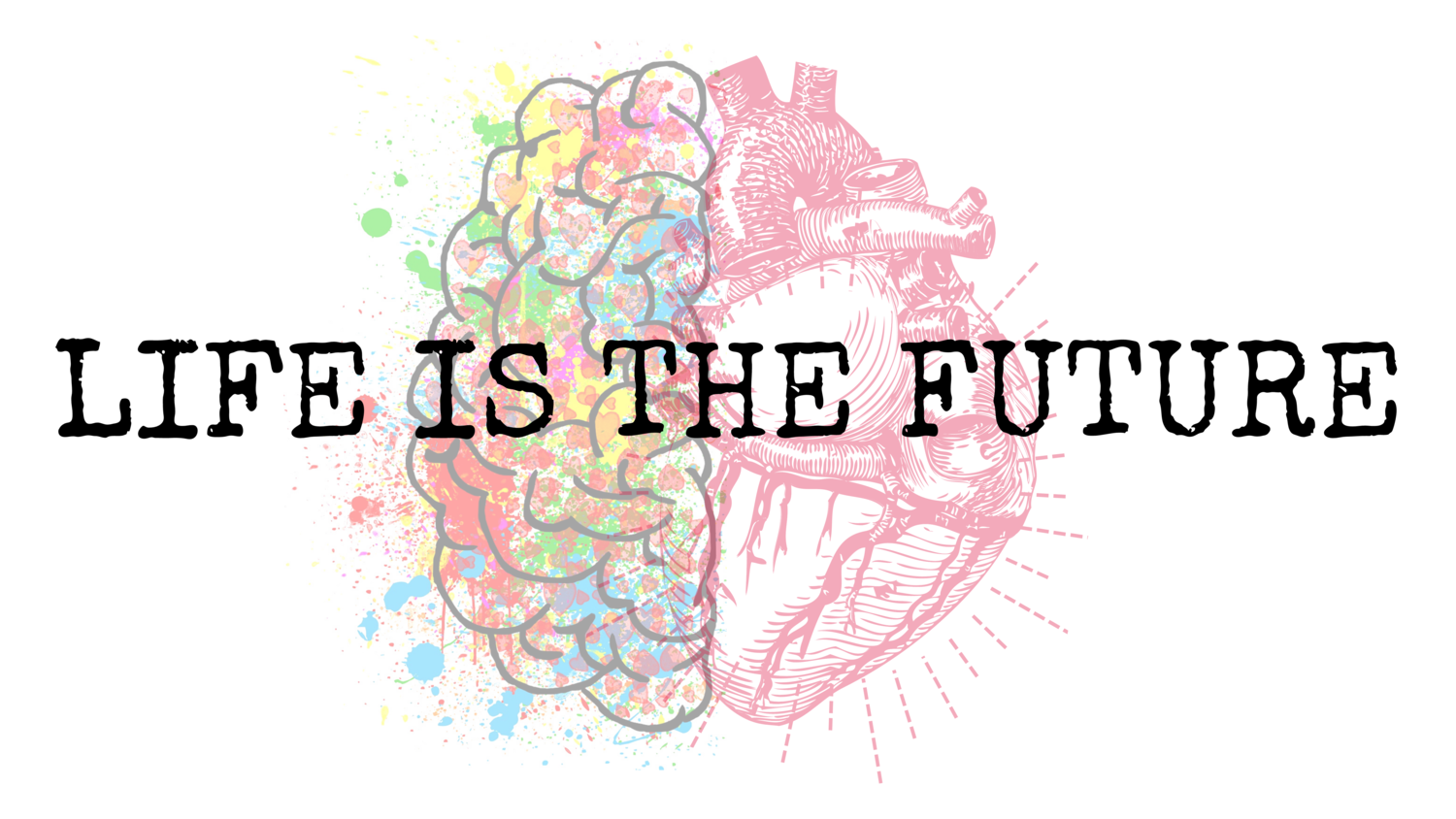Starting From Scratch: Life After Winnie Cooper
"It was the biggest lie I ever told. And she believed every word of it."- Kevin Arnold
Grief holds a lot of faces. And like anyone, I've had my fair share of looks and expressions.
One of the hardest things to do in life is to admit that we're not okay. To admit that, in fact, no, we're not fine. That life is hard and days can be tough and while the weeks keep rolling we're a semi-truck out of control on a mountainside highway.
Sometimes we trip ourselves into the downhill disaster, other times horrible news hits us like concrete to the face.
Why this? Why me? Why do bad things happen to good people?
The grieving process obviously looks different for everyone. Particularly if we are talking about death and dying.
Yet if we look at other parts of life, grief can develop in those scenarios as well. Losing a job, moving to a new city, ending a relationship... as prominent as anywhere, grief can be found after these life events too. This type of grief, however, can be particularly difficult because of the lack of support. Or, at least, the sense of lack of support.
After something as major as a death in the family, to receive condolences is common and natural. But in those other situations? Starting from scratch is the expected rebuild that everyone knows you should be up to. It's the strong move that your social circle is looking for you to make. But in that time, any support that is expressed is often just lip service. It's not meant to be flippant, but we aren't trained counselors... us, as friends and family members, we're not entirely at fault. To put blame on anyone is undue, because, from the outside, recognizing the need to be a helpful peer is a difficult, difficult job. From the inside, though, to grieve is to feel lost and helpless and alone and think nothing besides a time machine can possibly provide recovery.
Grief is a very complex emotion, and it is often compounded with the stress of others asking how we're doing.
"How are you holding up? Anything I can do for you?"
Here, a lie feels strong; it's a natural defense mechanism to deflect additional distress and feign mental fortitude.
"No, I'm okay... thanks, though."
• • •
Growing up, one of my favorite TV shows was The Wonder Years. In any good series, you can empathize with the characters; not only are you entertained, but you see yourself in the scenes as well.
That wasThe Wonder Years for me. It was as much of an introspective look as it was a TV show to watch. Kevin and Winnie and Paul and company, all decades in the past, but living through difficult years I could relate to. It was a storyline so full of suburban honesty that I could vicariously feel each adolescent plot turn.
The writing in that series is strong because it is based on true life, on events that were actually experienced and then rewritten to fit the small screen. Identifiable life stories took the viewer through a roller coaster of nervous school awkwardness, comedic family ridiculousness, and the grief of growing up.
There was a point mid-series where the aging main character, Kevin Arnold, with help from the adult-voiced internal monologue of hindsight, realizes he's going to have to live life after Winnie Cooper, his long-time childhood crush turned girlfriend... turned ex-girlfriend.
I could feel that heartbreak. The sudden awakening to a future emptiness, a world without, a life left missing... it was outstanding. Kevin was impacted forever, and no, he was not alright, and he needed to admit that to his friends and family. But mostly, he needed to admit it to himself.
With this memory, I'm left with the reminder that there is life after Winnie Cooper, and that Winnie is not just a representative television character, but a series of advances and retreats on the ever-changing neighborhood street of life.

